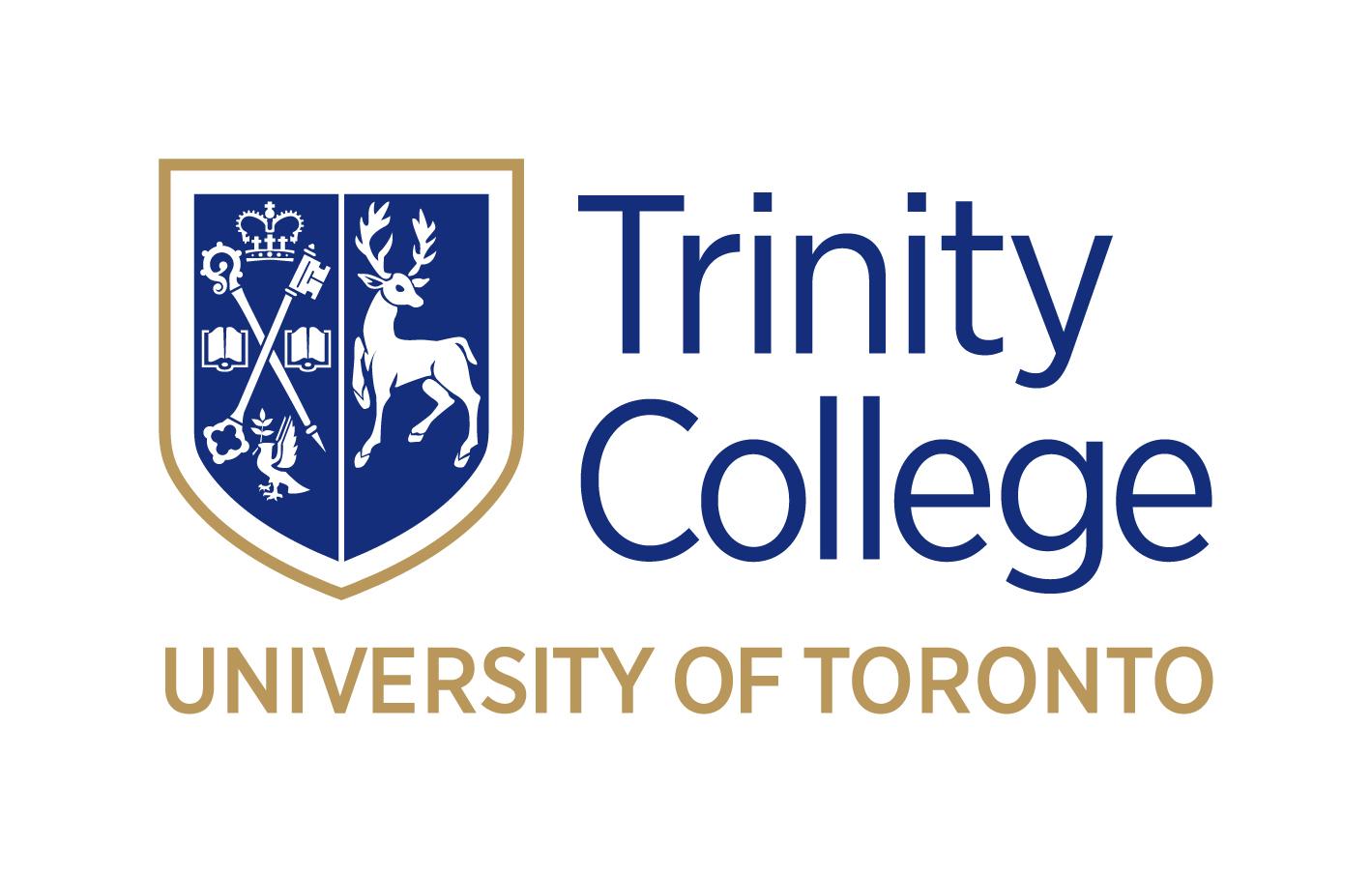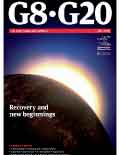

 |
 |
|

From Crisis to Recovery
By Barack Obama, President, United States of America
[français] [Korean] [Italiano] [Japanese] [Espanol] [Deutsch] [Portugues] [Türk] [Bahasa Indonesia] [Chinese] [Arabic]
To download a low-resolution pdf, click here or go to the Newsdesk site.
The challenges of the 21st century require a coordinated response and for all nations to take responsibility
The Pittsburgh G20 Summit marked a critical transition from crisis to recovery. When the G20 met previously in London, the world was facing the greatest challenge to the world economy in generations. The G20 has responded forcefully by committing to a coordinated set of policy actions that were unprecedented in scale and effect. Those actions have pulled the world economy back from the brink of a depression, and emerging signs of global recovery are in sight and financial markets have come back to life. The International Labour Organization recently reported that G20 actions have saved or created an estimated 21 million jobs in 2009 and 2010. But much remains to be done and the G20 will continue to remain vigilant and implement aggressive policies to restore economic growth and create jobs until recovery is firmly secured.
In Pittsburgh, we also took steps to ensure that once recovery and strong global growth return, we prevent a return to the risky practices that led to the crisis by implementing a series of reforms to our economic and financial systems. We forged an agreement to enact a new Framework for Strong, Sustainable and Balanced Growth and to reform financial regulation and supervision - policies that will be supported and implemented by a redesigned global economic architecture. The G20 leaders - including representatives from major energy producers and other nations with large subsidies - committed to phase out fossil fuel subsidies while providing targeted support to help the poorest. This groundbreaking effort will encourage the conservation of energy, improve our energy security and provide a down-payment on our commitment to reduce greenhouse gas emissions.
Significantly, Pittsburgh was the first time such a large number of countries - the G20 accounts for 85 per cent of world output - agreed to work together to assess the implications and consistency of each others' economic plans, reach consensus on best practices for needed reforms and adopt policies to support the necessary rebalancing of global demand to ensure strong growth for all.
We recognise that we can no longer meet the challenges of the 21st-century economy with 20th•century approaches. We have learned, time and again, that in the 21st century, the nations of the world share mutual interests. That's why I've called for a new era of engagement that yields real results for our people - an era when nations live up to their responsibilities, and act on behalf of our shared security and prosperity. And that's exactly the kind of strong cooperation that we forged in Pittsburgh.
And that's why the G20 has taken the lead in building a new approach to cooperation. To make our institutions reflect the reality of our times, we will shift more responsibility to emerging economies within the International Monetary Fund and give them a greater voice. To build new markets, and help the world's most vulnerable citizens climb out of poverty, we established new World Bank trust funds to support investments in food security and financing for clean and affordable energy. And to ensure that we keep our commitments, we will continue to take stock of our efforts going forward and make this a primary focus of the upcoming G20 summit in Toronto.
We have taken the historic step of reforming our international economic architecture, so that the G20 is now the premier forum for international economic cooperation. This shift to the G20, along with the greater voice that is being given to developing nations in international financial institutions, clearly demonstrates the broader, more inclusive engagement that America seeks in the 21st century.
As we continue our efforts to transition from rescuing the global economy to promoting strong, sustainable and balanced growth, Canada and Korea will play a critical role as hosts for the G20 this year. Inspired by the legacy of Pittsburgh, known as the city of bridges, we can again come together to advance our common interest in a global recovery, while turning the page to a truly 21st-century economy.
|
This Information System is provided by the University of Toronto Library |
All contents copyright © 2023. University of Toronto unless otherwise stated. All rights reserved.